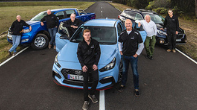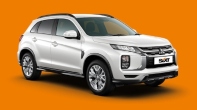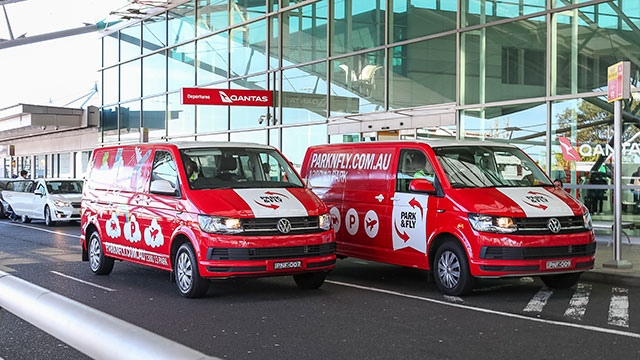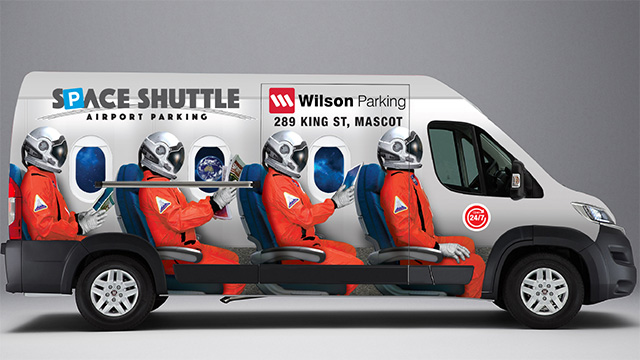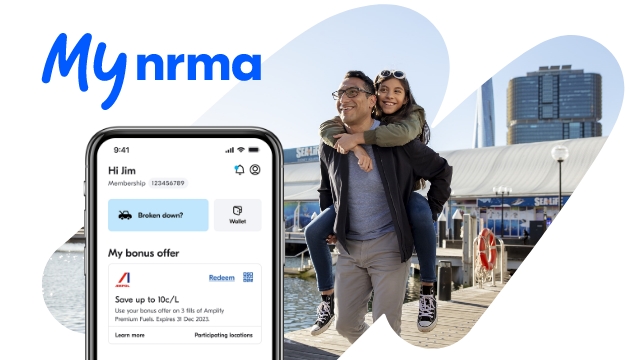NRMA and DIVVY's new joint report reveals the overwhelming majority of members find parking too expensive and scarce. This effects productivity as millions of hours are spent looking for expensive parking.
The Smarter Parking report outlines how we can look to solve these problems by using technology to unlock the hidden parks, plus challenges government to think smarter about parking.
Sydney's parking problem
The Sydney CBD has the lowest ratio of car spaces to workers in Australia, with 12.2 spaces for every 100 workers. Globally, these ratios are some of the lowest, making utilisation rates extremely important.
In Sydney, 77 per cent of NRMA members believe that parking prices are too high, making cost the greatest parking concern for motorists – this is closely followed by the limited availability of parking spaces.
One mechanism that has likely put upward pressure on pricing in Sydney is the parking space levy, which is administered by Revenue NSW. The levy aims to reduce road congestion by discouraging trips made by car and improving public transport. While the objectives of the Parking Space Levy Act and Regulation 2009 remain valid, new trends and emerging technologies and revised transport and planning strategies demand that the levy is considered in a far wider context.
Nationwide price comparison
In Australia, the Adelaide CBD has one of the cheapest average daily parking rates at $22.29, with the Sydney CBD the highest at $70.85. The biggest jump in average daily rates over a five year period occurred in Brisbane between 2011 and 2015, where rates increased from $39.00 to $69.03.
| Minimum | Maximum | Average |
Early Bird Average |
|
| Adelaide | $10.00 | $29.00 | $22.29 | $13.08 |
| Brisbane | $40.00 | $89.00 | $69.03 | $25.25 |
| Canberra | $7.00 | $30.00 | $18.21 | $11.33 |
| Melbourne | $15.00 | $89.00 | $63.61 | $17.74 |
| Perth | $15.00 | $55.00 | $31.89 | $18.75 |
| Sydney | $25.00 | $89.00 | $70.85 | $27.00 |
Unclear pricing and availability
A further frustration for NRMA members, particularly in the Sydney CBD, is the ambiguity of parking pricing and availability throughout the day. This includes on-street and off-street parking where confusing signage means pricing is not transparent.
The fuel finder function in the My NRMA app, which allows motorists to compare fuel prices in real-time, is a tool introduced to improve clarity and pricing transparency for consumers. Using the app, motorists can save more than $500 per year on average by comparing fuel prices and selecting the most cost competitive service stations.
Given the success of initiatives like this, consideration should be given to the introduction of price reporting for major commercial and public parking facilities. This would improve transparency for consumers through real-time information.
In addition, relatively little data exists about car park price changes over time across Australia’s largest cities, despite the importance for transport modelling and decision-making. To improve knowledge and support strategic transport modelling, consideration should be given to the collection and collation of car park pricing data for Australia’s largest cities.
Productivity parked
Crowded surface streets and accessibility to parking also frustrate motorists, which is not surprising given that past studies show around 30 per cent of cars in congested urban centres are ‘cruising’ or searching for parking.
In Germany, cruising for a parking space takes an average of almost 10 minutes; in Italy, the average is closer to 15 minutes. There is a significant productivity cost associated with cruising, urban congestion and lost time.
In the past 12 months, around 20 per cent of NRMA members have spent in excess of 30 minutes on one occasion searching for parking – more than half of the membership have spent in excess of 15 minutes. Across the NRMA membership, millions of hours have been wasted searching for parking.
Parking problem in numbers - NRMA member feedback
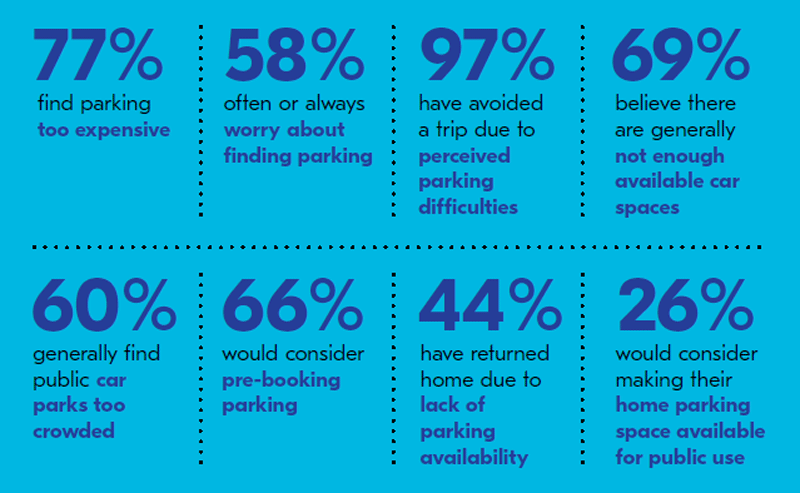
How can we move forward?
NRMA has been focusing on bringing down parking costs by offering member discounts with providers like Park & Fly and Space Shuttle Airport Parking, plus approving accessibility through the My NRMA app's parking finder.
However, a bigger opportunity exists. Outdated approaches to managing the development of urban places must be replaced with innovative planning that uses technology to adapt to rapid pace of change.
Car spaces in private, off-street car parks that are sitting unused or underutilised are wasted assets that are not generating revenue or contributing to congestion management. Companies like DIVVY are leading the way in looking at how to better use these assets by unlocking under-utilised spaces in commercial buildings and giving easy access to those spaces at lower rates.
As cities become smarter and more integrated, and as quality public transport programs are progressively rolled out, richer data can unlock underused parking spots and technology can show people where they are.
Download the full report with all recommendations: Smarter Parking by DIVVY and The NRMA.




